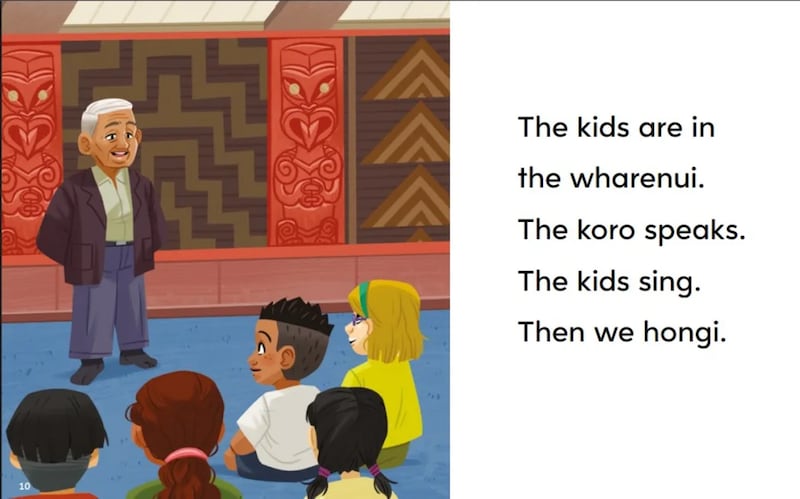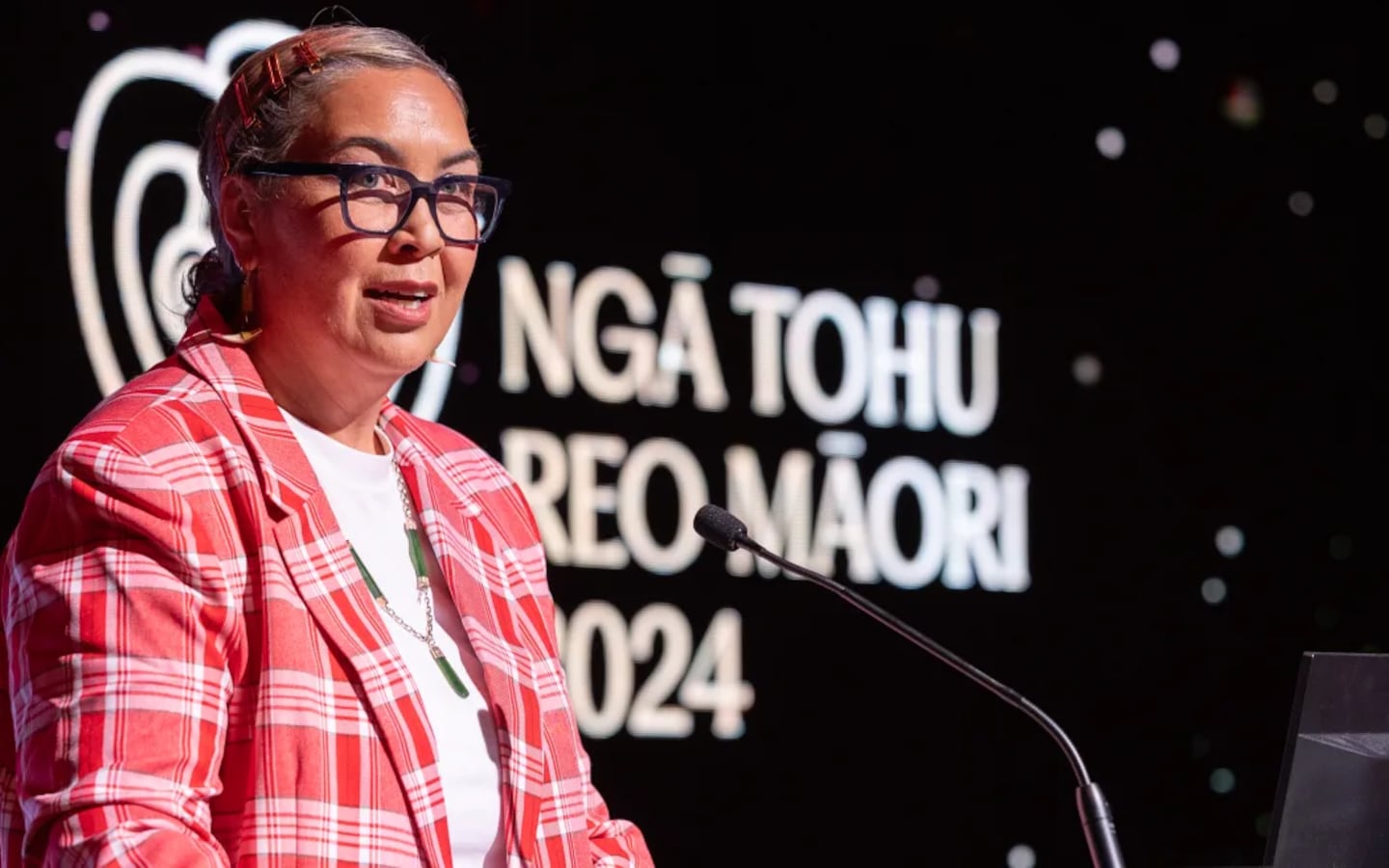This article was first published on RNZ.
Te reo Māori has been celebrated on the world stage, with Aotearoa’s language journey showcased as a “blueprint” for revitalisation at Canada’s first-ever Indigenous Languages Summit.
Te Taura Whiri i te Reo Māori chair and commissioner Rawinia Higgins has recently returned from Ottawa, where she joined almost 3000 language advocates at the Waves 2025 Indigenous Languages Summit.
Higgins said the experience highlighted how far Aotearoa has come since the 1972 Māori language petition, with te reo Māori now recognised internationally as a model for Indigenous language revival.
“When a language is visible, audible, and embraced in public life, it connects with not only its Indigenous speakers but all citizens. Language is a bridge, not a barrier,” she said.
Higgins told RNZ that the summit was also a good reminder of how far Aotearoa still has to go.
“Sometimes when you’re in the thick of it, you forget to look up and see where the horizon is. These international conferences are always a good reminder about that.”
While te reo Māori has been an official language of Aotearoa since 1987, Canada’s Indigenous languages have only had official status since 2019.
The summit, Higgins said, was an opportunity to share learnings and to also take some away.
“One of our responsibilities we have as Indigenous peoples is by sharing good practice, [so] that other people don’t have to repeat the same mistakes that we’ve made. And if we can fast track others and bring them up to where we’re at, I always think it’s a key responsibility.”
Higgins was invited to speak at the forum by Canadas first Commissioner of Indigenous Languages, Dr Ronald E.Igance (Secwepemc Nation).
Her message at the gathering, “Not today, coloniser”, a reference to the historical trauma that many Canadian Indigenous people suffered under the residential school system, became a rallying call among participants resisting language suppression, she said.
“It provided a platform to say: how do we come together and push back against resistance towards our respective languages?”

While Aotearoa was being acknowledged internationally, Higgins said she was shocked to learn that back home, Māori words were being removed from a set of early reading books.
A move she said has become “a pattern” in current political times.
“On one hand we were being celebrated, and meanwhile at home, there was the erasure of te reo,” she told RNZ.
She described the move as “modern-day colonisation,” saying bilingualism and multilingualism are proven to enhance children’s development.
“To actively strip kupu Māori from educational materials is to deny tamariki the benefits of linguistic diversity and undermine the very essence of who we are.
“Te reo Māori is that defining feature of who we are. It gives us our distinctiveness in the globe, everywhere we go.”
Despite the setback, Higgins said New Zealanders’ ongoing appetite for te reo continues to give her hope.
“One of the magical things that I’ve noticed over the last couple of years, despite the political pushback, people still love te reo, and they still want to have access to the reo,”
She said tamariki and mokopuna don’t see it as an issue, because they’ve grown up exposed to the reo, “and that’s where the future sits.”
“I’m heartened by that,”
“Let us continue to speak boldly, challenge colonial acts of the past and present, and ensure that our languages are not only preserved but celebrated.”
Looking ahead
The Indigenous Languages Summit, organised around the three kaupapa of land, technology and community, brought together artists, rangatahi, academics, and social media influencers using Indigenous languages in their mahi.
“It was real heartening to see just how enthusiastic and innovative communities are. It wasn’t just academics or teachers - it was actors, poets, gamers, models, pianists. Everyone has a role, and that’s a message we need to remember here at home too.”
This year also marks the 50th anniversary of Te Wiki o te Reo Māori, first established in 1975 after the Māori language petition was presented to Parliament.
Te Wiki takes place from 14 - 20 September.
With the kaupapa ‘Ake, Ake, Ake, A forever language,’ Higgins said the milestone was a chance to honour those who fought for the reo and to think about its future.
By Layla Bailey-McDowell of RNZ.



